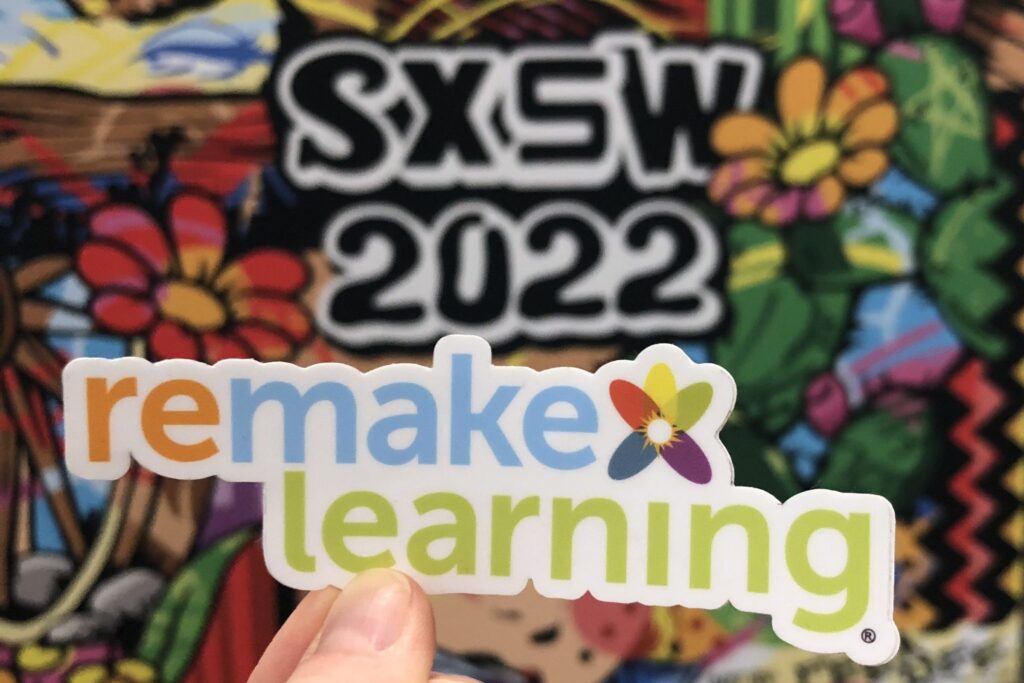Earlier this month, a delegation of Remake Learning members and leaders packed our bags and headed to Austin, Texas for SXSW EDU 2022, an annual event that fosters innovation and learning within the education sector. We were prepared for meaningful networking and deep learning, but were wowed by the lasting impact the conference had on us and how much we had missed connecting with like-minded educators.
Now that we’re back home in the Pittsburgh region, we’ve had a chance to absorb the experience and reflect on a few of our highlights and most meaningful takeaways from this year’s conference.
Jump to: James Doyle, Mari Louw, Tiffini Gorman, Jackie Johns, Stephanie Lewis, Tyler Samstag
James’ Take: We can learn from pandemic silver linings.
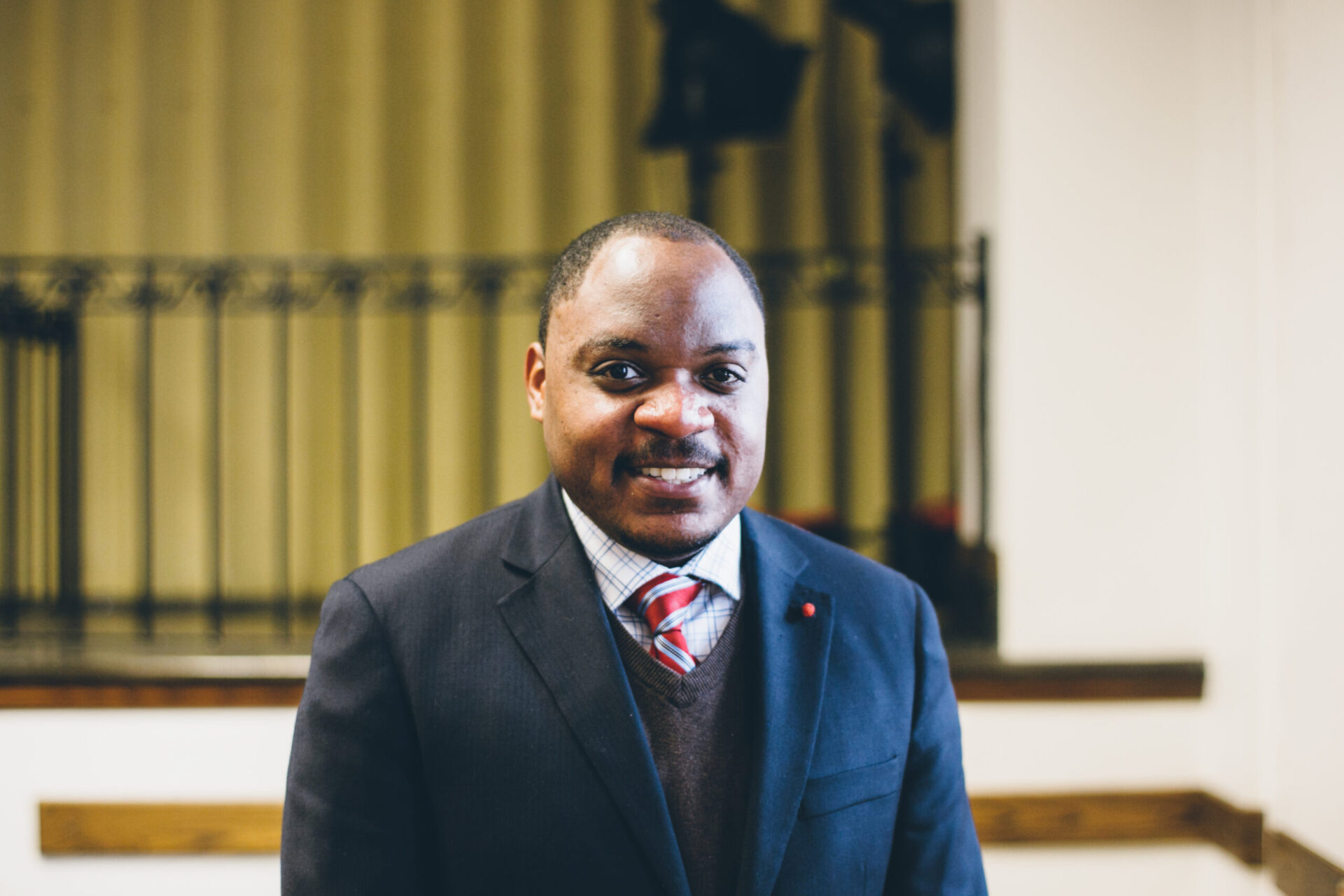
As I was sitting on the plane returning to Pittsburgh from SXSW EDU, I couldn’t keep my mind from buzzing with the exciting sessions and cool people I got to meet over the past four days. For context, this was the first out-of-town conference I had been to in a while…since 2018! In my previous life as an out-of-school time leader, I spent many days on the conference attendee and presenter track, meeting with hundreds of wonderful people and learning a ton about the field that I could take back and apply to my workplace. With a shift in my career from mostly out-of-school time to formal education, along with a global pandemic, my conference-going waned significantly and was pretty much limited to the Pittsburgh area. I had forgotten what it is like to learn not only from our local context, but from what is going on in other parts of the nation!
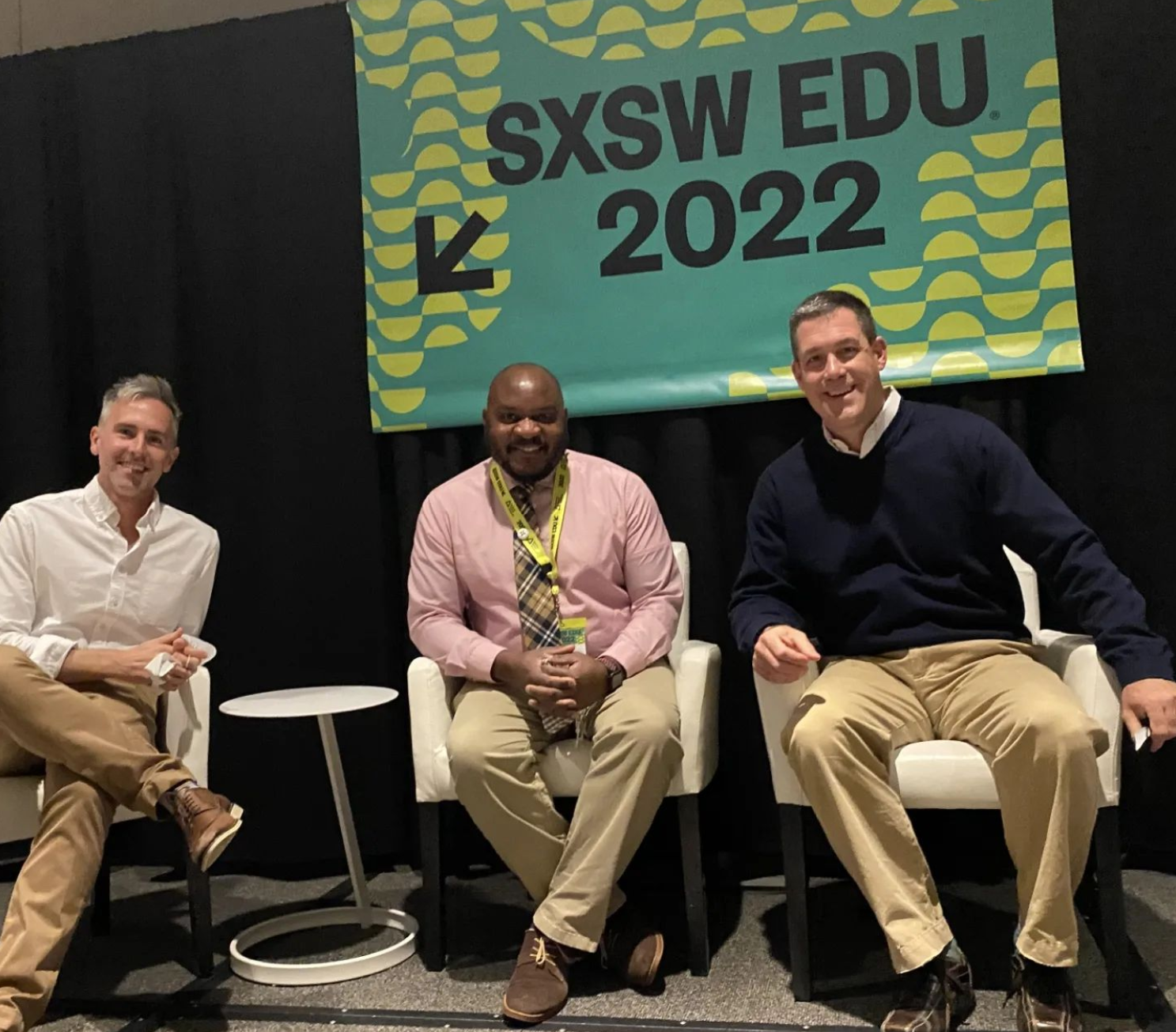
It was hard to escape the impact of the COVID-19 pandemic on education, this conference and corresponding sessions notwithstanding. While I heard many rightly describe how educators are likely to spend many years climbing out of an academic achievement hole that this pandemic has perpetuated, there were some surprising silver linings that stood out to me. For example, as described by Bernita Bradley in Applying the Lessons Learned of Pandemic Education, some students actually excelled in virtual learning where they struggled mightily in traditional education settings. Or, as summarized by Liz Dozier in ABCs of Equity: Assumptions, Bias, & Consciousness, changes in education caused by the pandemic helped us better understand the role “power” plays in school leadership and how we can use a power framework to operate differently in support of student needs. While the pandemic has created myriad challenges, there are some opportunities to think differently.
As a follow-up with my ECS team, I plan to lead a session on our shared roles as instructional leaders from a “lead learner” perspective, asking: What are some additional “bright spots” from the pandemic that we can continue to support, invest in, and expand as we move forward?
Marti’s Take: The time for change is now.
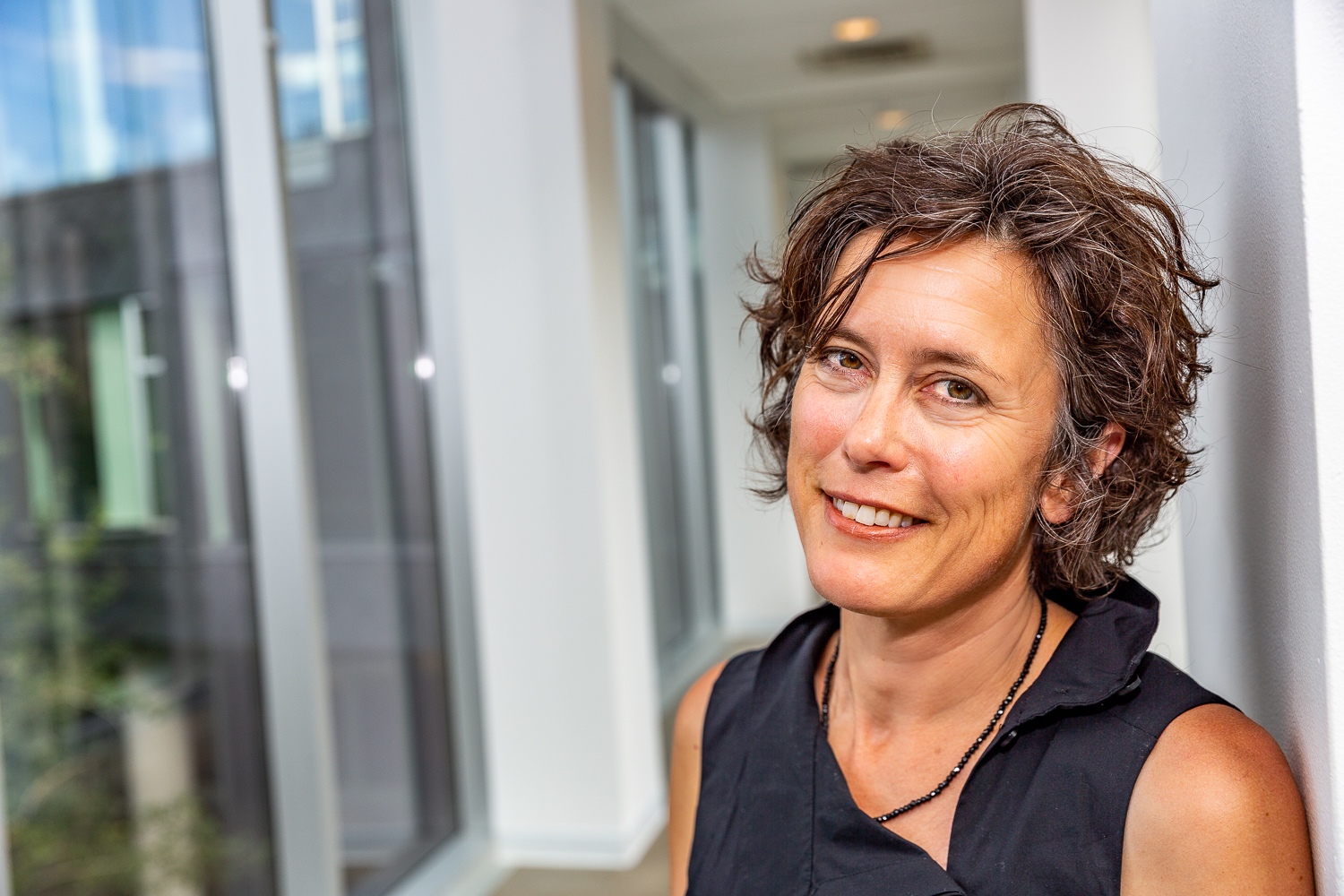
I was struck by the sense of collective urgency and demand for change that came across in many of the sessions. Education, as currently delivered, has clearly failed too many of our children for too long (especially minoritized youth), and the face of teaching itself needs to change–these were consistent refrains in talks and discussion throughout SXSW EDU.
The techno-optimistic Expo halls showcased promising examples of innovative platforms to support SEL practices and routines in classrooms (like those hatched from the Stanford d.school), and increasingly more compelling uses of XR and gamification to engage youth more fully in learning experiences across contexts. Similarly, the Schmidt Awards showed the important role universities can play in ed-tech development, while being mindful of the imperatives and learnings of our own Shifting Power in Educational Research & Development work here in Pittsburgh.
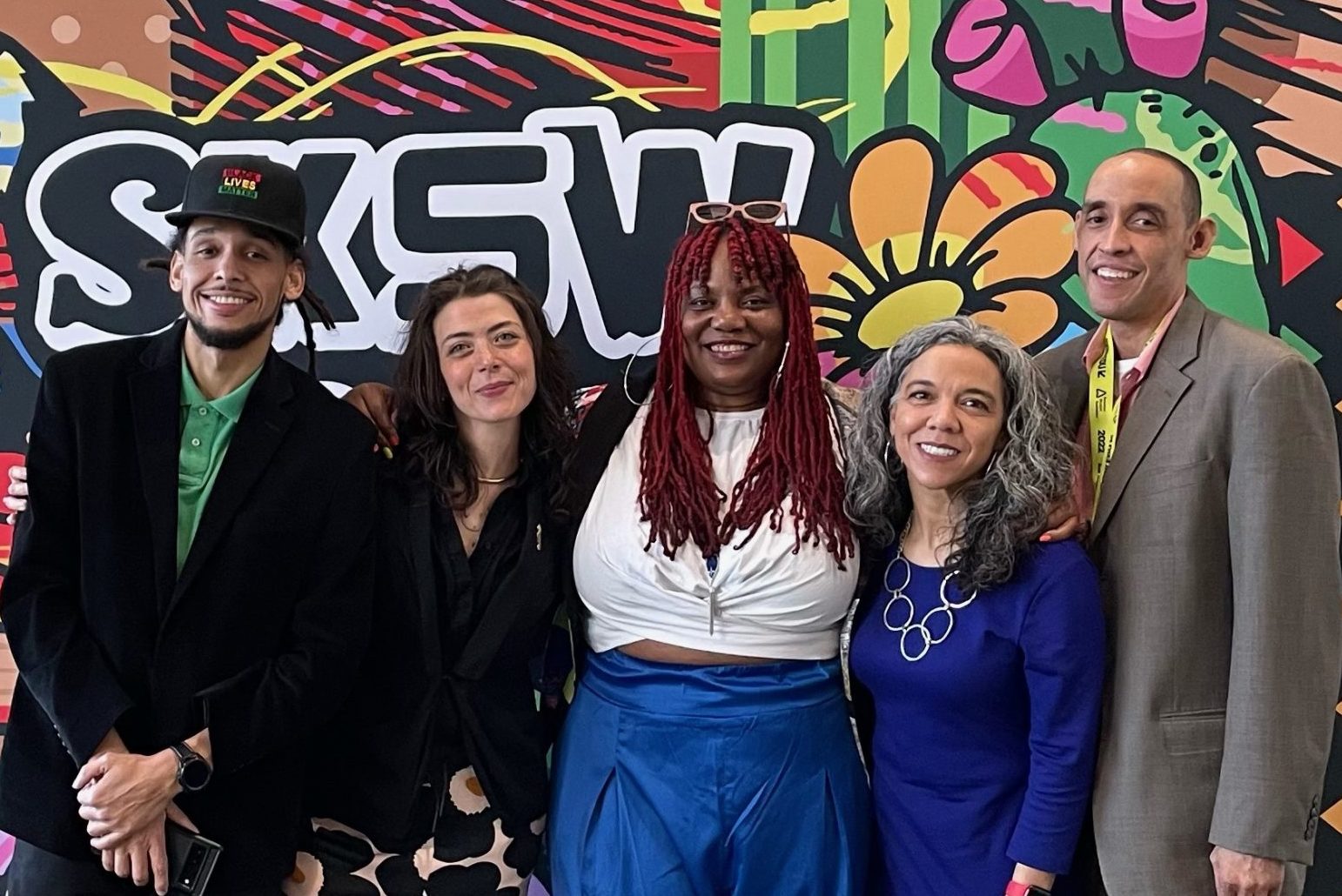
Personally, I found inspiration in the thesis work of Leslie Harris, a Black design student challenging the dominance of human-centered design as a just framework and process for innovation. I also enjoyed meeting a group of like-minded design educators communing to diversify and improve the teaching and learning of design in higher ed, which I look forward to continuing to meet with online.
Tiffini’s Take: There’s energy, passion, and diversity at every turn.
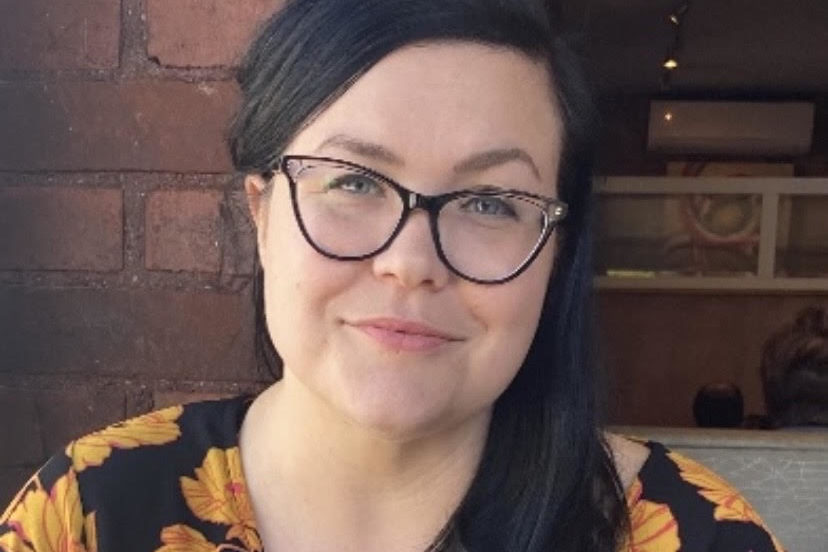
I was so inspired by the sessions I attended at SXSW EDU. There was so much energy and passion from participants and presenters, centered on the need to ensure that we are meeting the needs of the children and families we serve.
I think the best way to summarize my experience is to give a synopsis of the three sessions that most deeply impacted me, and they’re listed below:
Inclusion: The Power Of One
This was the first workshop I attended and it was such a fitting start to my time. The session focused on how we as educators (and those who serve children) need to work towards more inclusive environments that meet the needs of children. The presenters challenged us to think more deeply about our connection with youth and presented research that shows how just one caring adult in the life of a child can deeply impact the trajectory of their life.
Out Youth: Be A Beacon for LGBTQIA+ Youth
I was very interested in attending this session since I am a member of the LGBTQIA+ community and had a very challenging time navigating school and feeling supported. This workshop dug deeper into related topics, using data on challenges that LGBTQIA+ youth face today. During the session, we also learned about the harmful directives and laws that are being passed by states around the country to limit the rights of the LGBTQIA+ community. The workshop concluded by providing vetted resources for educators, families, and community members.
Real Money, Real Power: Participatory Budgeting
This was a fun and highly interactive workshop on youth participatory budgeting. The session broke participants into groups to pose as students at a high school and had each group create a new program or initiative for our “school.” Each group presented and then we voted on which initiative we would fund. It definitely gave me BIG ideas on how to promote youth participatory budgeting in Pittsburgh as a way to engage young people and deliver the resources they determine are needed.
SXSW EDU provided me with a much needed dose of inspiration and excitement. I am looking forward to bringing what I learned at the conference to my work at A+ Schools.
Jackie’s Take: Everyone has a STEM journey (and story) to share.
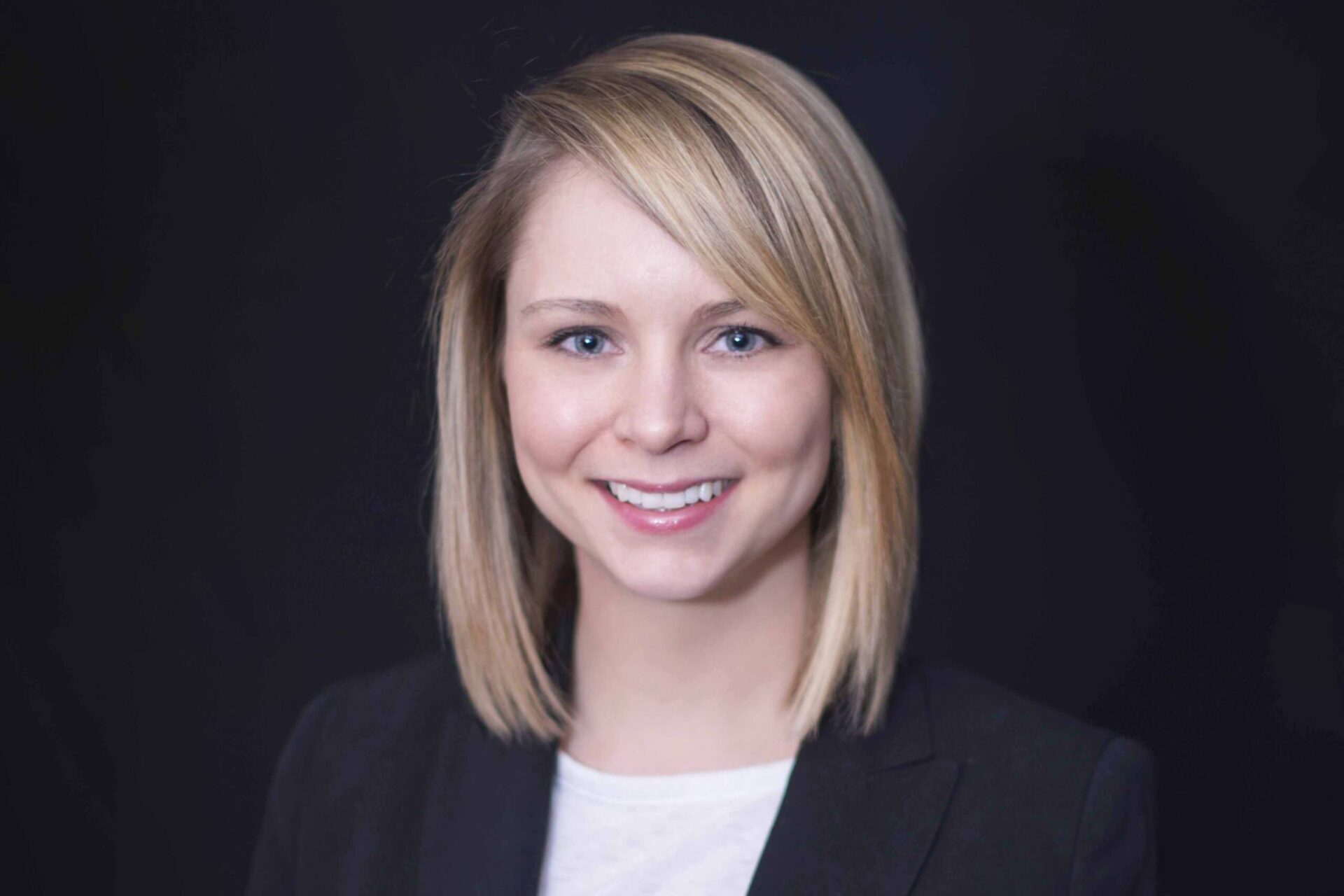
I was particularly inspired by A Path to Equity: Girls, STEM, a Moonshot, as it brought together my professional work with a personal passion. I’m a self-proclaimed space nerd and was absolutely fangirling at the chance to hear from NASA Chief Flight Director Holly Ridings!
In this session, Holly joined Teresa Drew, deputy director of the STEM Next Opportunity Fund, and Amanda Gutierrez, recent winner of NASA’s Artemis Moon Pod student essay contest, for a panel discussion about gender equity in STEM.
Holly, Teresa, and Amanda shared their personal STEM journeys, and I was truly struck by how different they were. Holly is an engineer who followed a fairly straightforward path to working in STEM, and she credits the camps and programs she participated in when young as playing a vital role in her success. This differed starkly from Teresa, who grew up in a rural community with little access to STEM enrichment. She described her early love for science and exploration as an untapped potential, but also shared how, eventually, her work in education led her back to STEM and inspired her to be a voice for girls in similar situations.
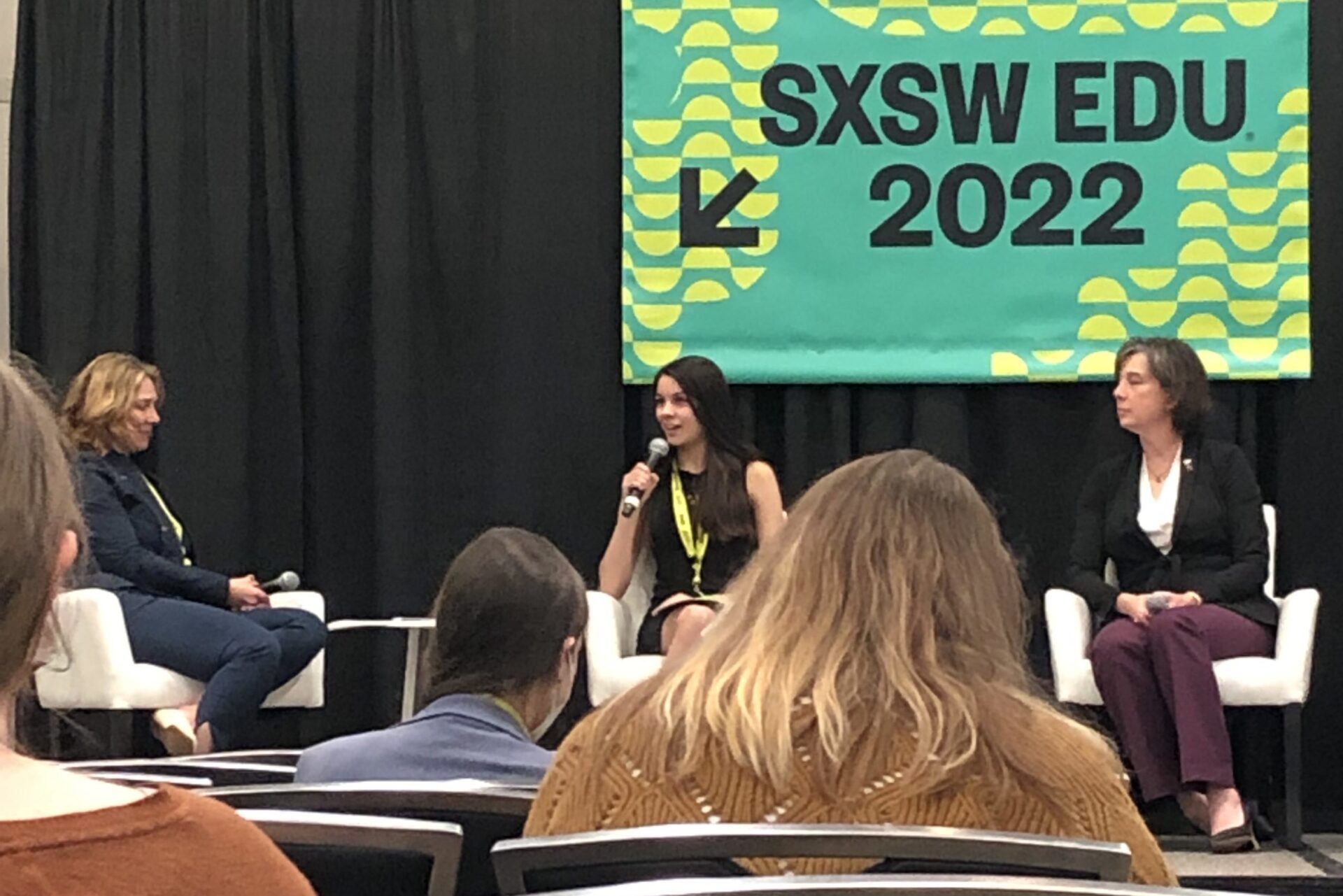
Amanda shared perhaps the most important perspective: that of an actual STEM learner! She recounted the disappointments and successes that have already shaped her STEM journey, along with some ideas for increasing student advocacy around gender equity.
I left the session feeling like I was the newest member of a diverse collective of women who support STEM. I was reminded that no matter your background or experience, we all have a voice to lend to the STEM equity conversation.
Stephanie’s Take: The future of learning will be shaped by policy, leadership, relationships, and action.
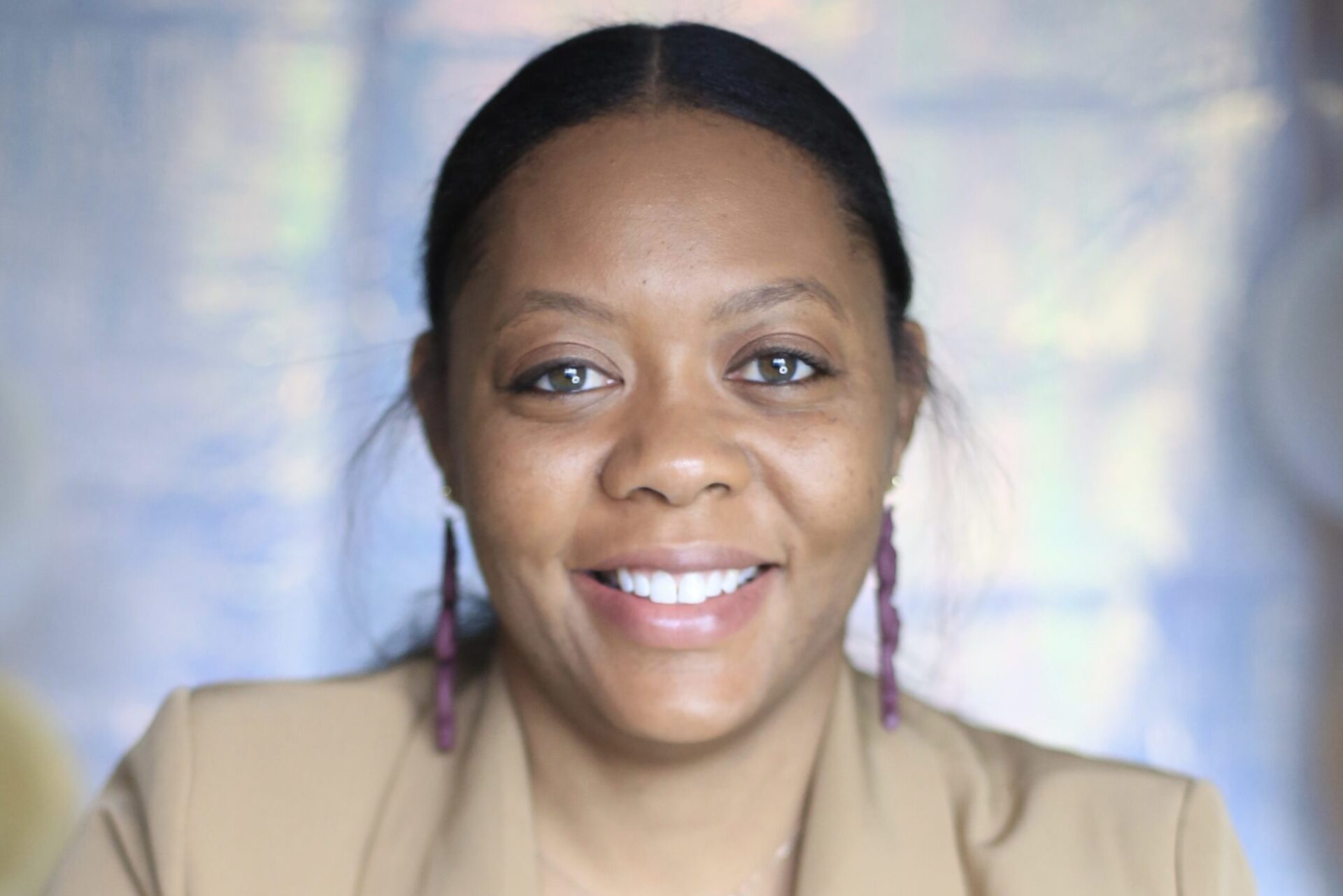
During my time at SXSW EDU, I was inspired by educators boldly and unapologetically advocating for just and equitable policies and more diverse leaders. There is a yearning to upgrade education after decades of stagnation. To improve the future of learning as the world continues to rapidly shift, we must truly be intentional and mindful of what matters. For me, SXSW EDU illuminated what matters: policies, leadership, relationships, and action.
The future of learning is:
- Centered around students and personalized to their needs, strengths, and interests
- Flooded with leaders from diverse backgrounds and experiences
- An extension of the urgent innovative spirit established at the onset of the COVID-19 pandemic
- A clear example of the benefits of transformative relationships
One thing made clear during SXSW EDU is that we are still in a season of disruption. The pandemic disrupted our lives and ushered us into a season to disrupt the status quo and antiquated traditional educational methods. The time for action is now. Our youth cannot wait.
Tyler’s Take: From small gatherings to big systems, change happens at every level.
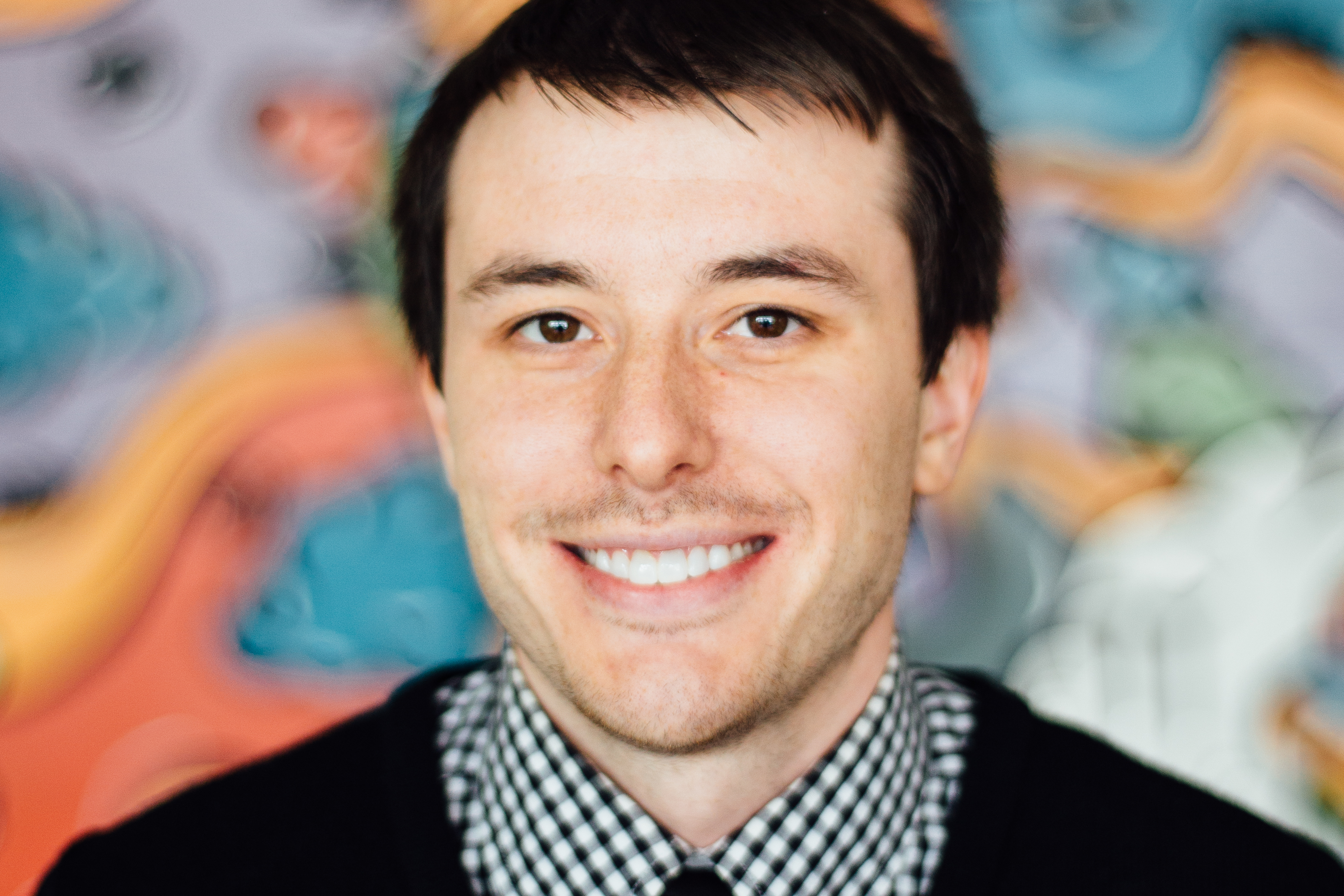
What I value most about the SXSW EDU conference is learning about educational transformation at every level, from classroom, to district, to entire statewide systems. I also enjoy learning about new technologies that are still in development.
The conference keynotes always leave me grounded, providing new perspectives and framings to think about sessions throughout the day. Dr. Pooja K. Agarwal’s opening keynote, Powerful Teaching: Unleash the Science of Learning, explored how cognitive neuroscience can impact instructional practices. A key takeaway for me was the importance of recall in learning, and how merely asking students to recall what they learned from the previous day is, in itself, learning.
The closing keynote, a candid conversation between Priya Parker and Baratunde Thurston, truly pushed my thinking around the power of gathering. Priya has created an art and science around gathering, and provided key insights to make gatherings–within the context of education–valuable for participants.
If those insights don’t have you excited about the future of education, we don’t know what will! We have all been through a lot in the last two years, but coming together at SXSW EDU helped us reconnect to a collective mission: igniting more engaging, relevant, and equitable learning.
If you’d like to learn more about our time at SXSW EDU, check out Remake Learning’s Instagram highlight for all of the activity.
